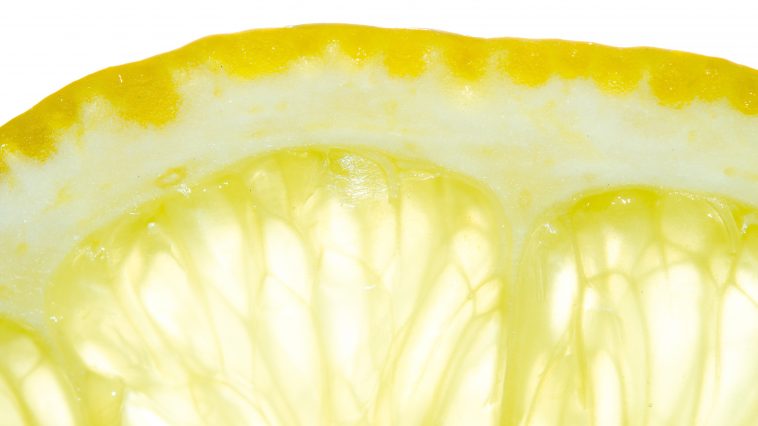Muscles that take in more nutrients enriched by acids should be exhausted quicker than muscles that take in more basic, or alkaline nutrients.
Theoretically.
This is the idea behind the alkaline diet, an increasingly popular fad among athletes in particular. According to the devotees of the alkaline diet, there are foods that acidify the blood and others that alkalize it. Acidifying foods would be, for example, meat, dairy products, simple sugars and certain fruits, while the alkalis would be vegetable proteins, whole grain cereals and certain other fruits.
According to this theory, controlling the pH of the blood should improve athletic performance. Unfortunately, that theory is bunk.

Blood pH – the Science
« pH » is the unit used to measure whether a liquid is acidic (pH <7) or basic (pH> 7). A pH of 7 reflects a neutral liquid, neither acidic nor basic. Other than perhaps the pH of our hot tub, the regulation of which can give us some headaches during the summer, it is rare that we care about the pH of the liquids around us – even less so than that of our actual blood! And for good reason.
The human body regulates the pH of our blood with an expert hand: between a value of 7.34 and 7.45 [pH has no unit, it is expressed as a number only]. The respiratory system and the kidneys are the two very important managers of this rigid control, which is orchestrated without our knowledge. When the blood pH goes out of these values, it is not healthy and it requires medical intervention. If you are a runner, get regular blood work!
Blood pH and exercise
Exercise induces stress on the muscles, which, in response, release acidic compounds into the blood. During shorter, maximum intensity efforts, a small drop in blood pH, or an increase in acidity, can be observed. Fortunately, everything is rebalanced within a few minutes. Also, long-term physical efforts at sub-maximum intensity, such as ultras, have practically no effect on blood pH. Either way, when the effort is less intense, the compensatory mechanisms of the body are enough to keep the pH stable.
Can you really control your blood pH through food?
In some very specific cases, this is possible. In fact for short, high intensity workouts, swallowing a small amount of baking soda can act as a basic buffer and delay muscle fatigue. But beware, this practice is only tolerated by a handful of athletes, while the others experience rather undesirable gastrointestinal effects rather quickly. « Quickly » as in diarrhea…!
A so-called alkaline diet actually has no effect on blood pH. Rather, the beneficial effects felt by those who adopt it stem from the fact that the consumption of meat and processed foods is reduced in favor of more fruits and vegetables. It has nothing to do with blood pH. The food is simply better for you nutritionally.
So, if you want to improve your health and your running performance through diet, don’t give yourself a headache with an alkaline or acid-base balance of the foods you eat. Adopt a balanced diet, period!
Translation : Caroline Beaton
Reference:
Applegate C., Mueller M. et Zuniga K. E. « Influence of Dietary Acid Load on Exercise Performance », International Journal of Sport Nutrition and Exercise Metabolism, no 27, 2017, p. 213-[219].
Jean-Philippe is a registered-dietician, member of the Professional Order of Dietitians of Quebec, and assistant professor at Laval University in Canada.
Must Read :
- How Your Gut Microbiota Will Make You a Better Runner
- Beware, alcohol affects fitness!
- What and How to Eat the Four Days Before a Big Race


